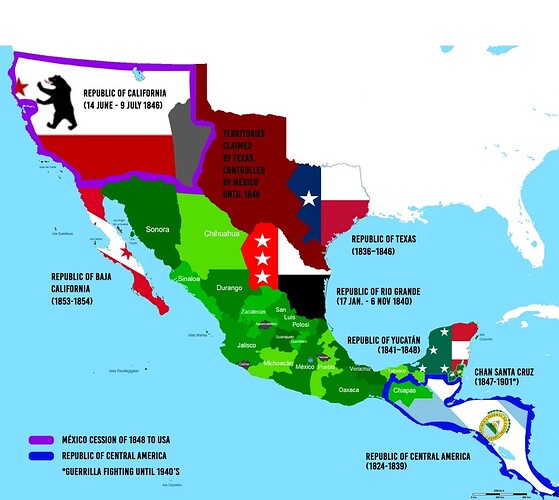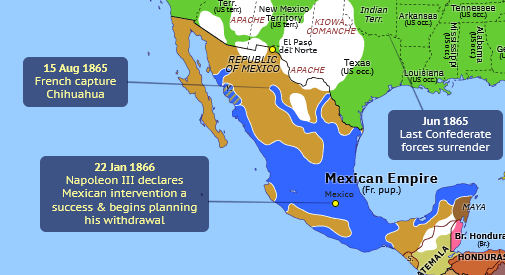Of course, Greece can enter AoE 3 because it became independent from the Ottomans in 1821 (the same year as Mexico -and Peru- from Spain)…
The Kingdom of Greece (Greek: Βασίλειον τῆς Ἑλλάδος [vaˈsili.on tis eˈlaðos]) was established in 1832 and was the successor state to the First Hellenic Republic. It was internationally recognised by the Treaty of Constantinople, where Greece also secured its full independence from the Ottoman Empire after nearly four centuries.
Many revolts were planned across the Greek region and the first of them was launched on 6 March 1821, ## ### ######### principalities](Danubian Principalities - Wikipedia). It was put down by the Ottomans, but the torch had been lit and by the end of the same month the Peloponnese was in open revolt.
In 1821, the Greek-speaking populations of Peloponnesus revolted against the Ottoman Empire. Following a region-wide struggle that lasted several months, the Greek War of Independence led to the establishment of the first autonomous Greek state since the mid-15th century.
Maybe add a Balkan civ that is a successor to the Greeks of AoE 1, AoM and AoEO and the Byzantines of AoE 2 and AoE 4…Maybe add a Balkan civ that is a successor to the Greeks of AoE 1, AoM and AoEO and the Byzantines of AoE 2 and AoE 4…
The same thing doesn’t clash at all within the game…
Either of the two is valid, both as a Greek revolution (1821-1831) and as a Greek civ (1831 onwards)…
Well, but it was a nod to Morgan’s campaign and it also had colonies in the Caribbean, it’s not that bad either… they needed two Mediterranean civs and they included Italy and Malta, which is fine…
Well, but they existed at the time of the discovery of America, so they fit into AoE 3…
He refers to the kingdom of Greece after independence from the Ottomans, not the ancient Greeks of AoE 1…

